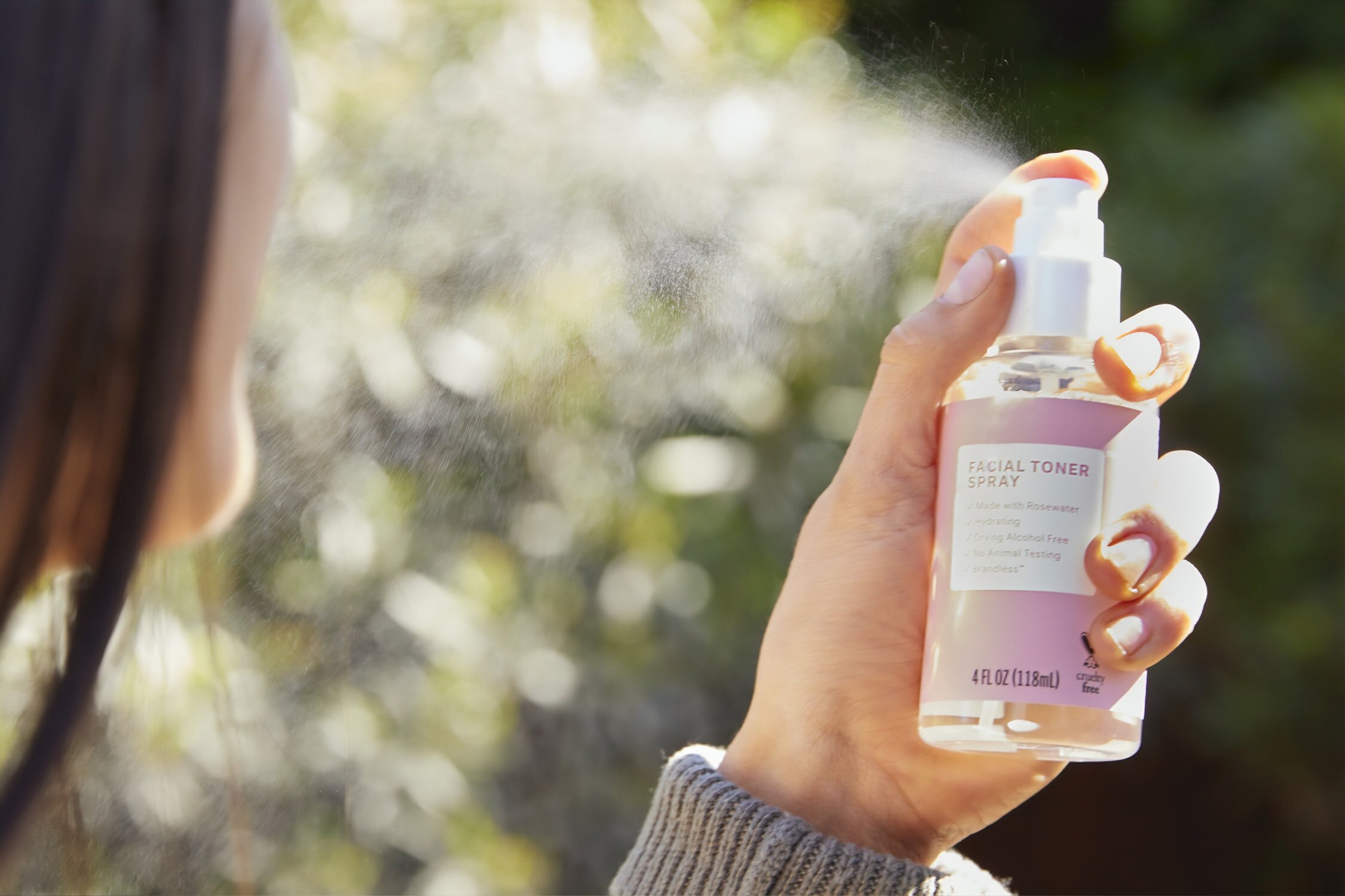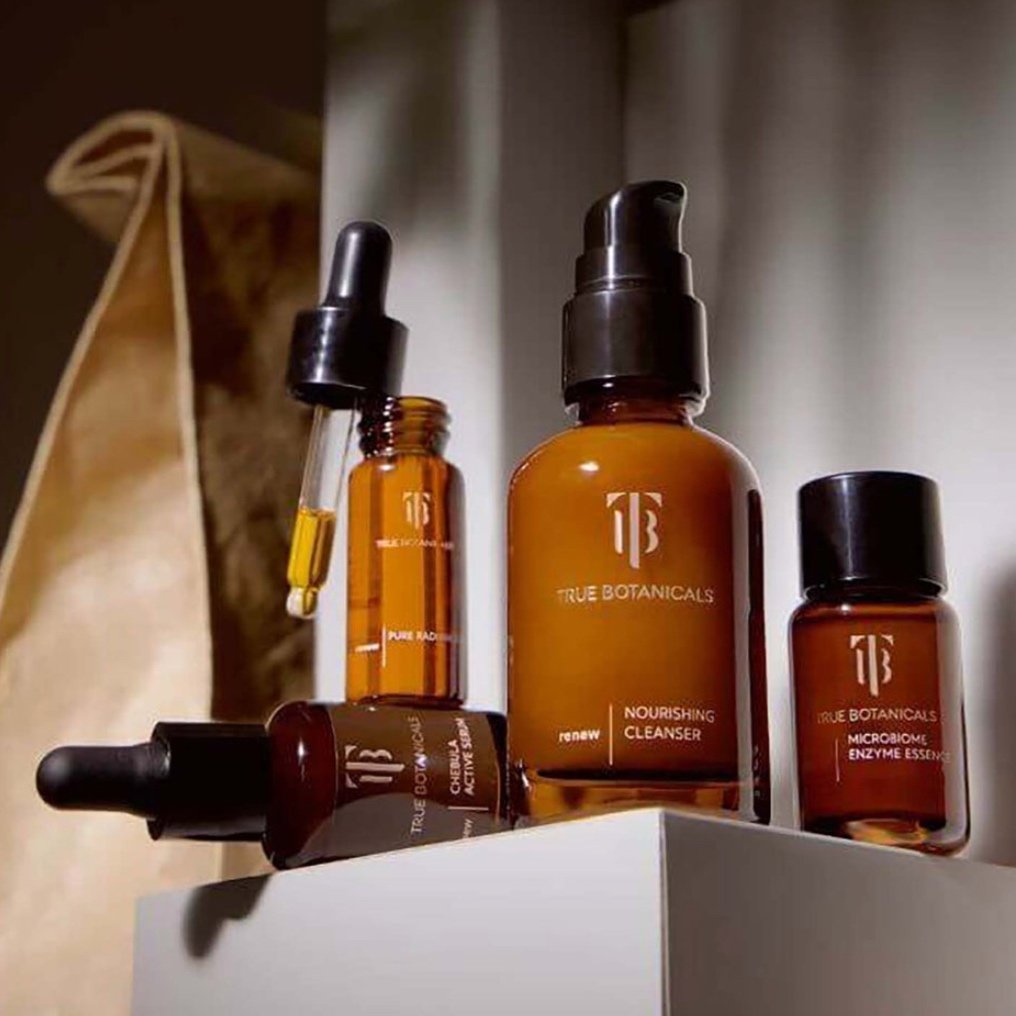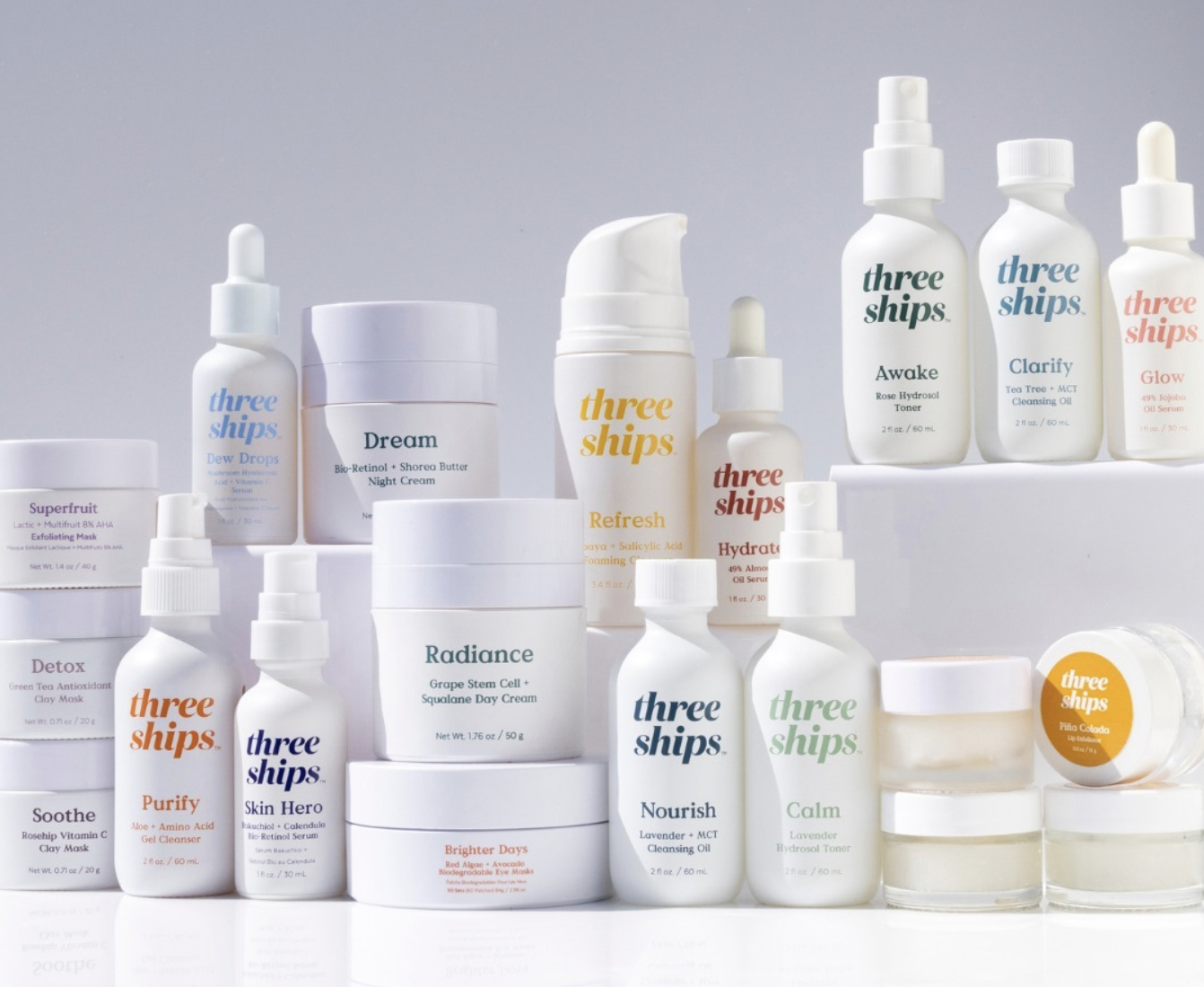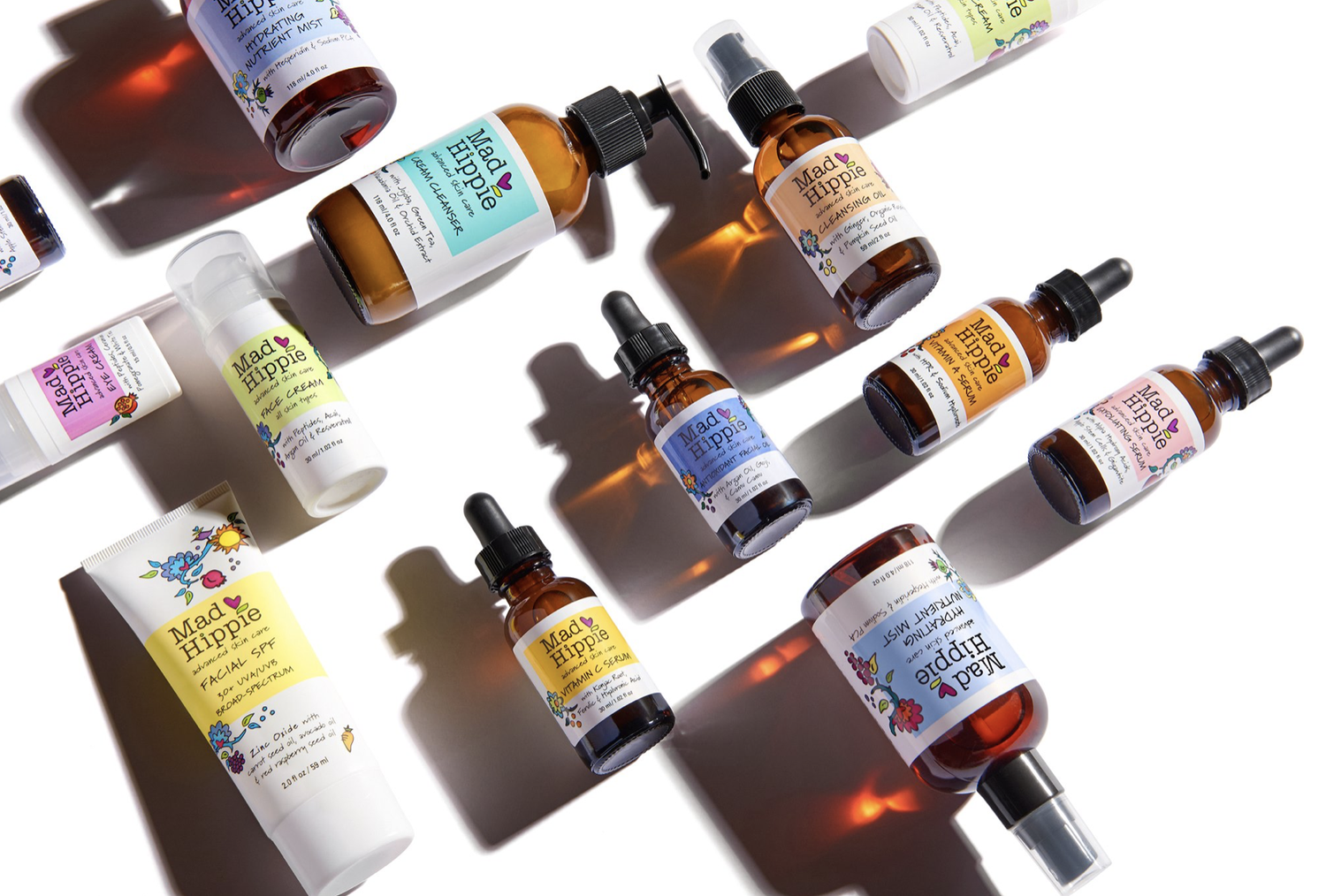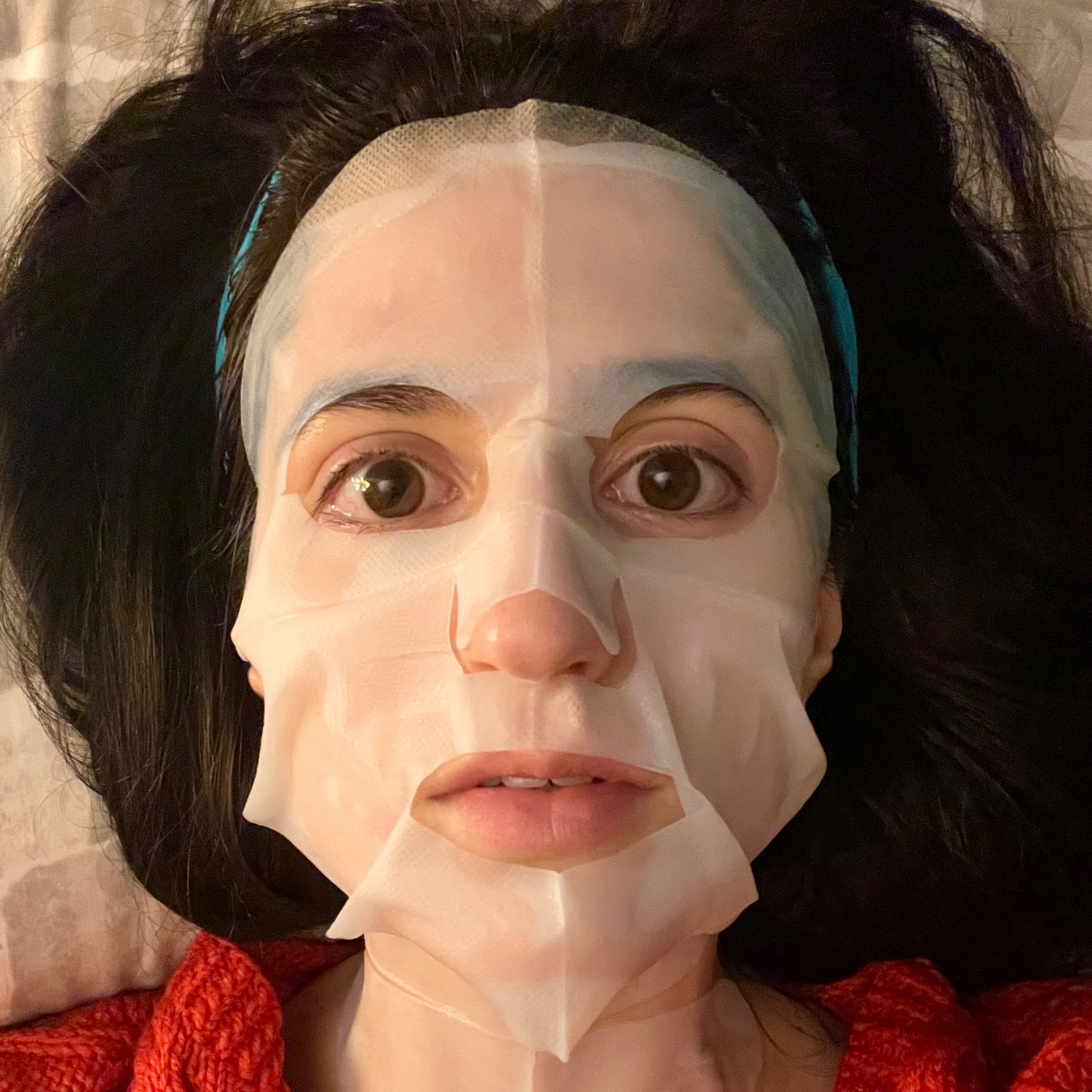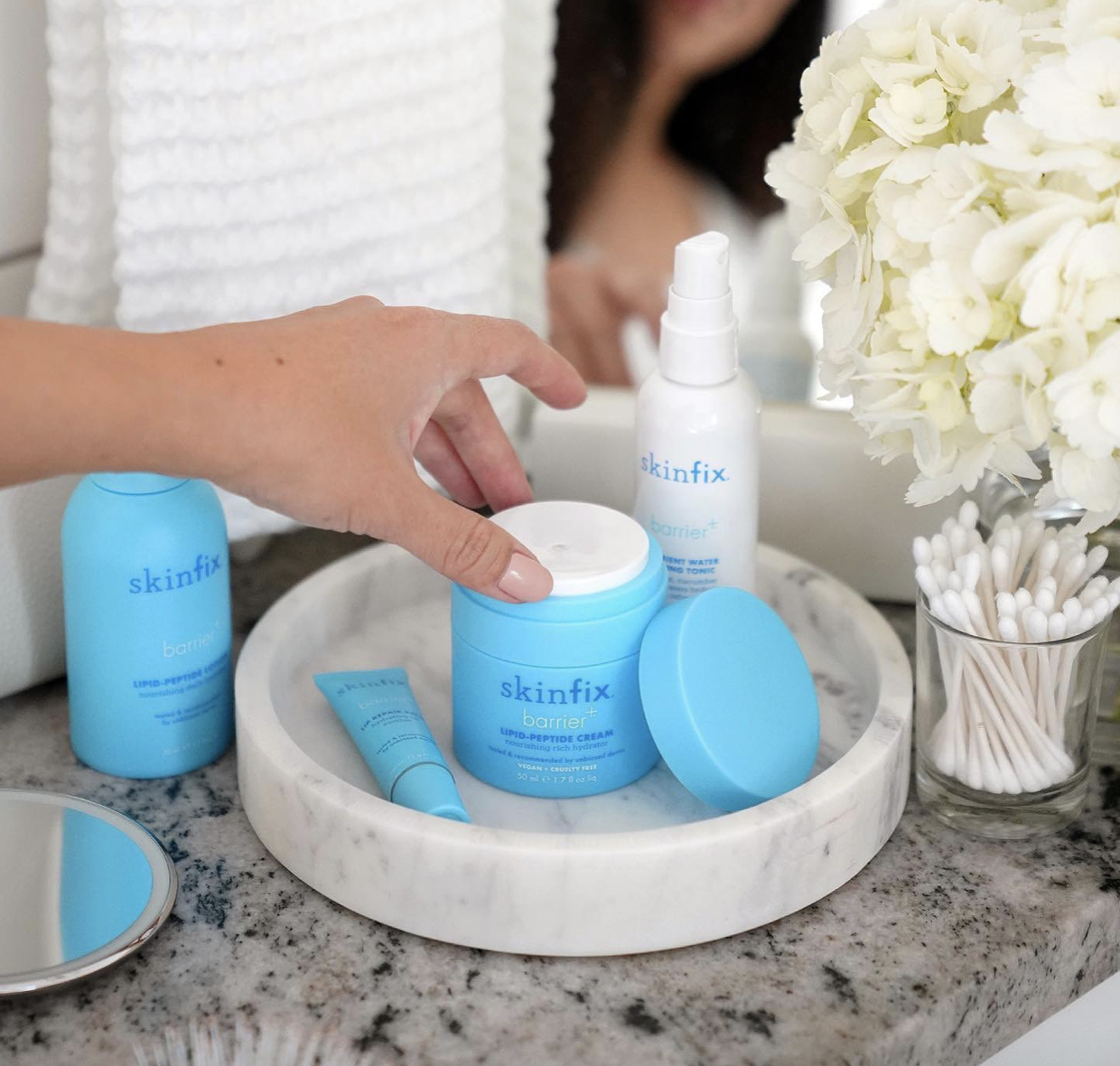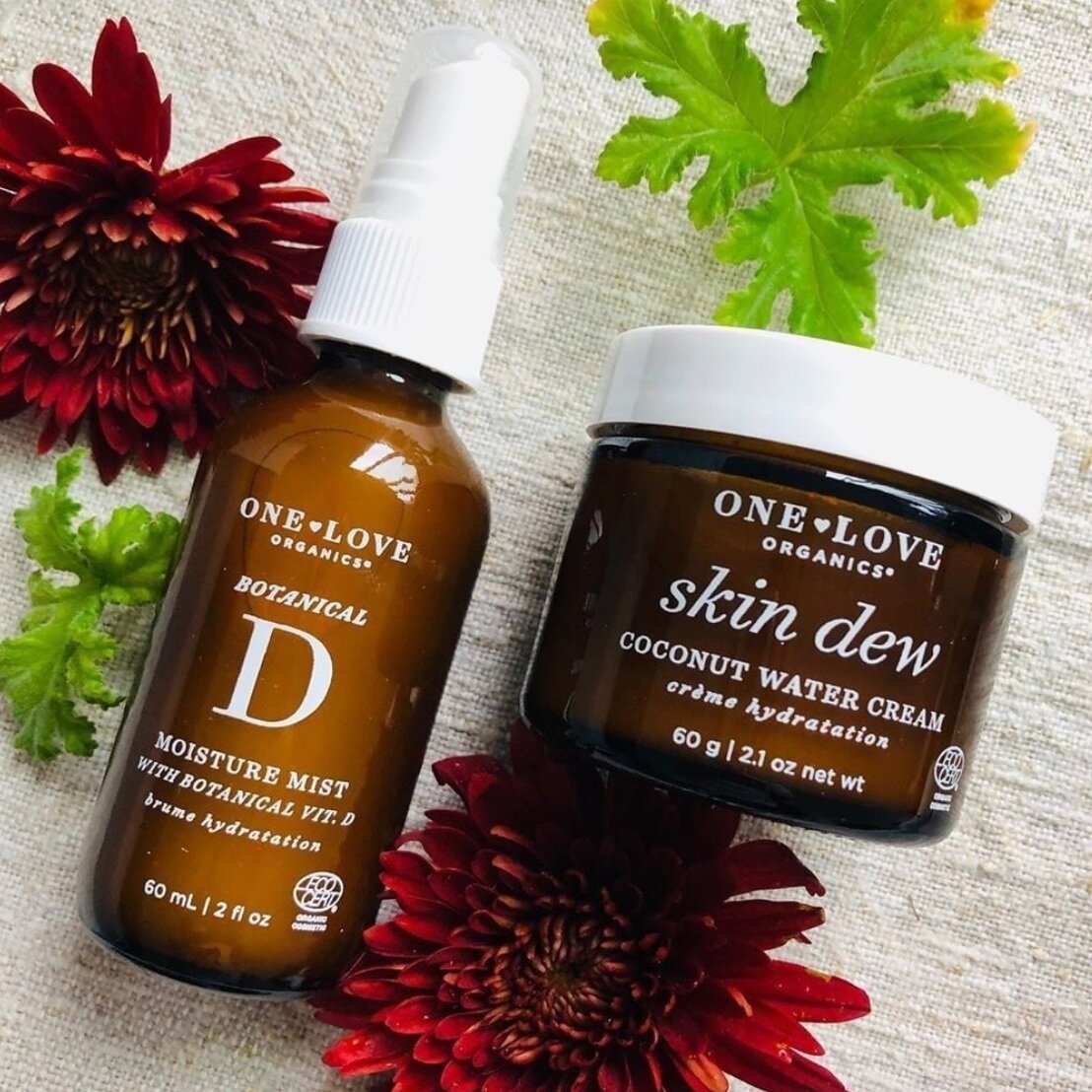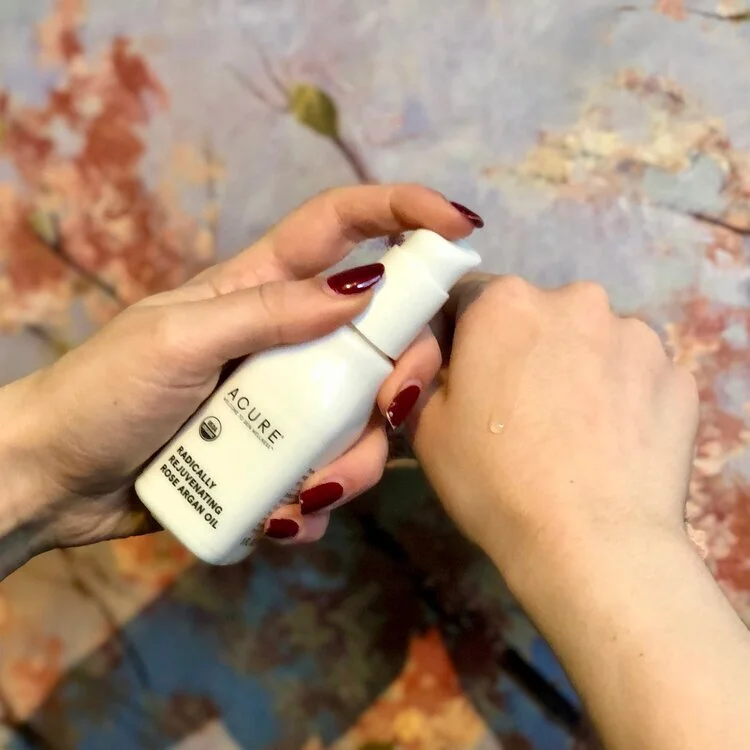10 Things You NEED to Know About Skincare
Skin: everyone has it, but not everyone knows how to take care of it. While preferences exist in terms of specific skincare products, there are general skincare tips that are useful to follow no matter what you choose to use. Here are 10 tips I routinely follow to keep my skin as optimal as I can. Hope it helps!
1. Always use your ring finger when applying product underneath or Above your eye
The skin underneath the eye is the most thin and delicate of the entire face. As such, it wrinkles much more easily. In order to prevent the onset of early wrinkles, use care when applying creams or serums underneath or above the eye.
2. Always pat - don’t pull -creams onto your under eye area and face
Similar to the reasoning above, pulling skin can lead to the early onset of wrinkles. This is the same as when you consistently pull at the fabric in your clothes, and it tends to make them more loose. Be gentle with your skin!
3. When using a washcloth, pat the face dry - don’t rub!
Again, pulling with a facecloth is too rough for the skin on your face. Ideally, allow your skin to air-dry, but if you must use a towel, pat it lightly on your face. It takes longer, but your skin will thank you in the long run.
4. Facial Oil doesn’t make your skin more oily
There are a myriad of facial oils available on the market; some work best for dry skin, others for combo skin, and some for oily skin.
If you are used to using “oil-free” products or “oil-reducing” products on oily skin, you may be stripping the skin of what it naturally produces, thus making it more likely to try and make more oil to counterbalance that. By using a facial oil in this case, you may be able to “rebalance” the skin and settle it down.
Not all oils are suitable for oily skin (as not all oils are suitable for dry skin), but the ones to look out for would be Rosehip oil, marula oil, tea tree oil, squalane, and argan oil.
5. Hot water opens your pores, cold water closes your pores
With skincare and water, a different temperature can aid in the results you wish to achieve.
Hot water opens the pores, which is beneficial when cleansing as it allows you to clean more thoroughly. Now, when I refer to “hot” water, I mean something warm that wouldn’t burn your skin.
Cold water, on the other hand, closes your pores. It’s good to rinse off your cleanser with cold water in order to block out excess dirt from getting in.
6. Allow your serum at least 2-3 minutes to “set” before applying moisturizer
This is a tip I learned when getting a facial years ago; allow your serum enough time to penetrate the skin and deliver its benefits before mixing in another product on top. Reactions between products do affect their effectiveness, so keep that in mind when applying each later of your routine.
7. Allow your moisturizer to dry before applying SPF
Similar to the logic of #6, it’s important to allow your moisturizer to dry before having your SPF react with the product. Many moisturizers contain water or other ingredients which many break down the active ingredients in your sunscreen. Therefore, allowing it to properly dry (3-5 minutes) will give your SPF a greater chance at properly protecting your skin.
8. Wear SPF - in every season!
Re-apply SPF every two hours in any season, as UV rays can still penetrate through clouds, rain, and snow. In fact, more people get burned in the colder months than in the summer because they forget about their SPF!
9. Use an SPF lip balm
Like the rest of the skin on our bodies, our lips can get sunburned! Buy an SPF lip balm and apply it every couple of hours to keep your lips plump and lush.
10. Read the labels and ingredients list of every product you use BEFORE buying!
This is one tip I cannot stress enough - take charge of your skincare, and know what you are potentially putting on your face! Sometimes, even if a product claims to do something, or claims it is rich in a certain mineral, this may not be the case.
As well, many products contain unfavourable ingredients such as phthalates, sulfates, mineral oils, aluminum, and parabens (among others), even when they claim to be “natural”.
The price of your product is also dependent on the quality of the ingredients, so get the best bang for your buck when you truly know what it is you are paying for, and if it’s worth it.
Thank you for reading, lovely! Happy Caring for your skin!
Don’t forget to follow my Instagram (@sarahfreia) to get updates on every new post!
Liked this post? Why not read something similar:
